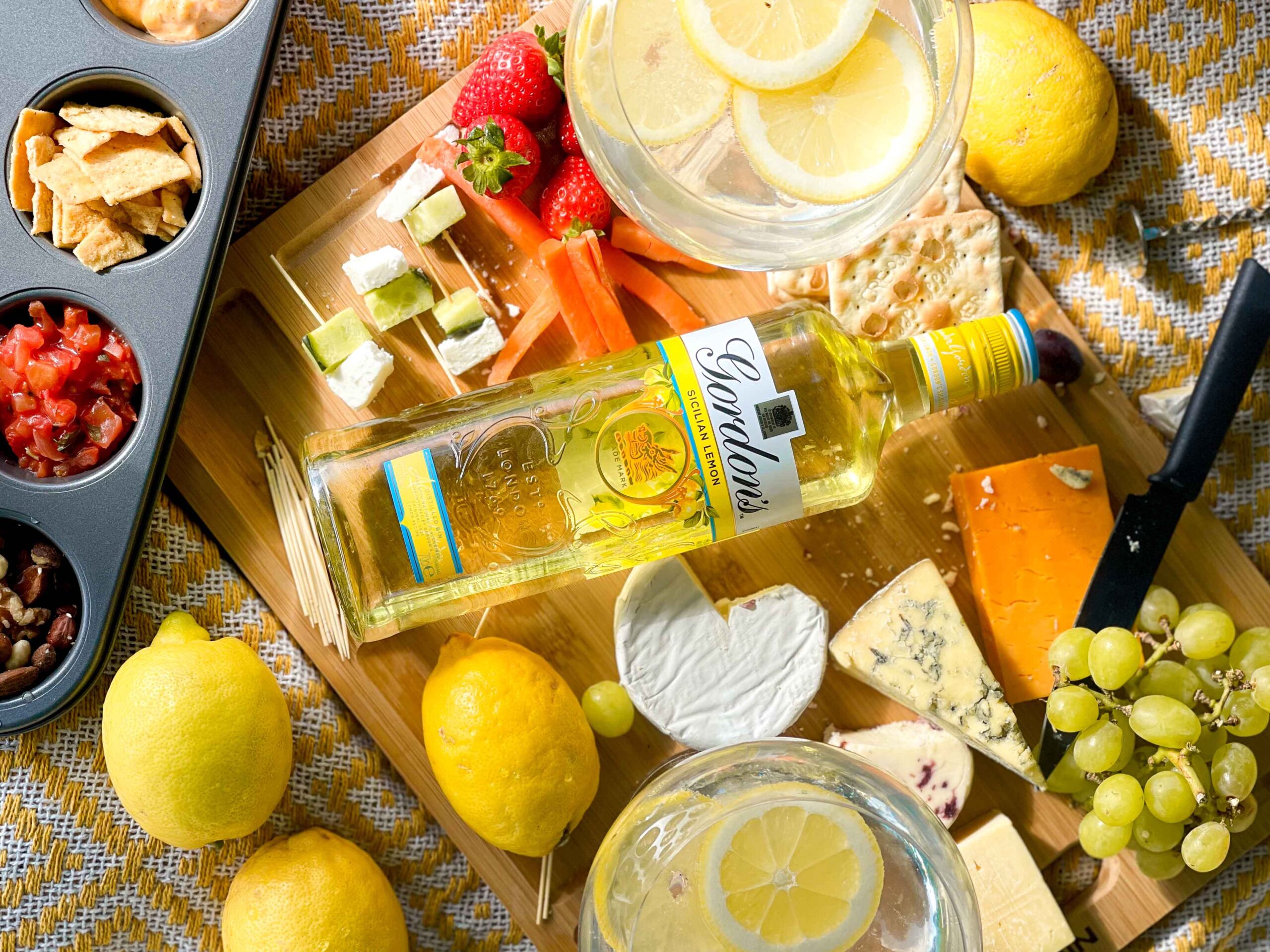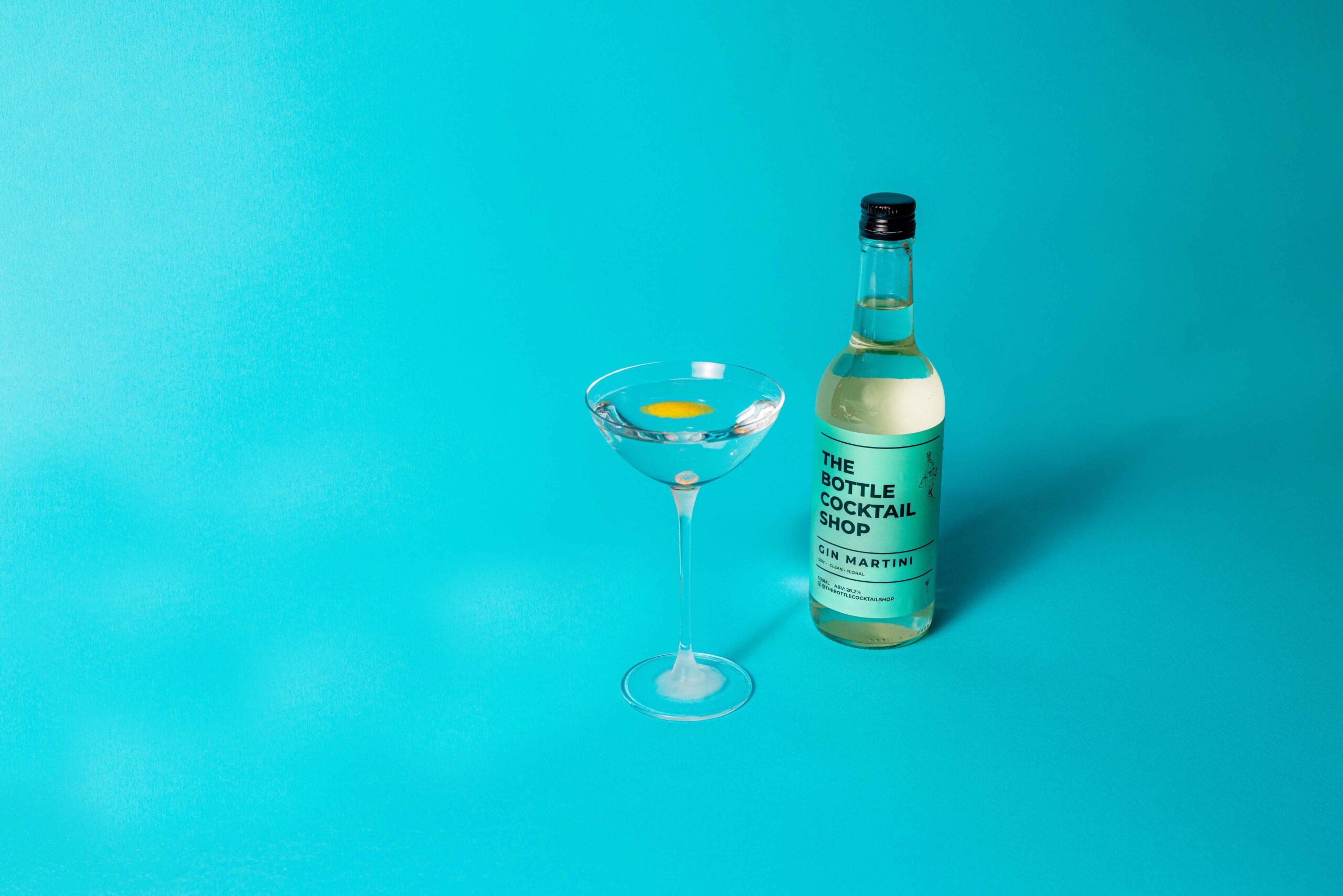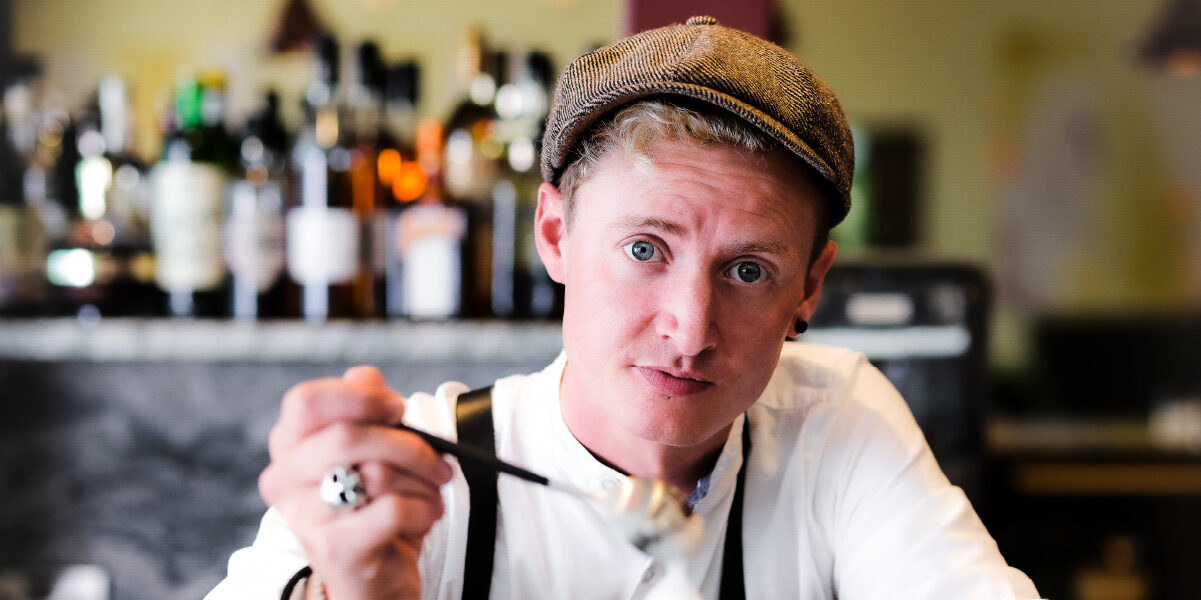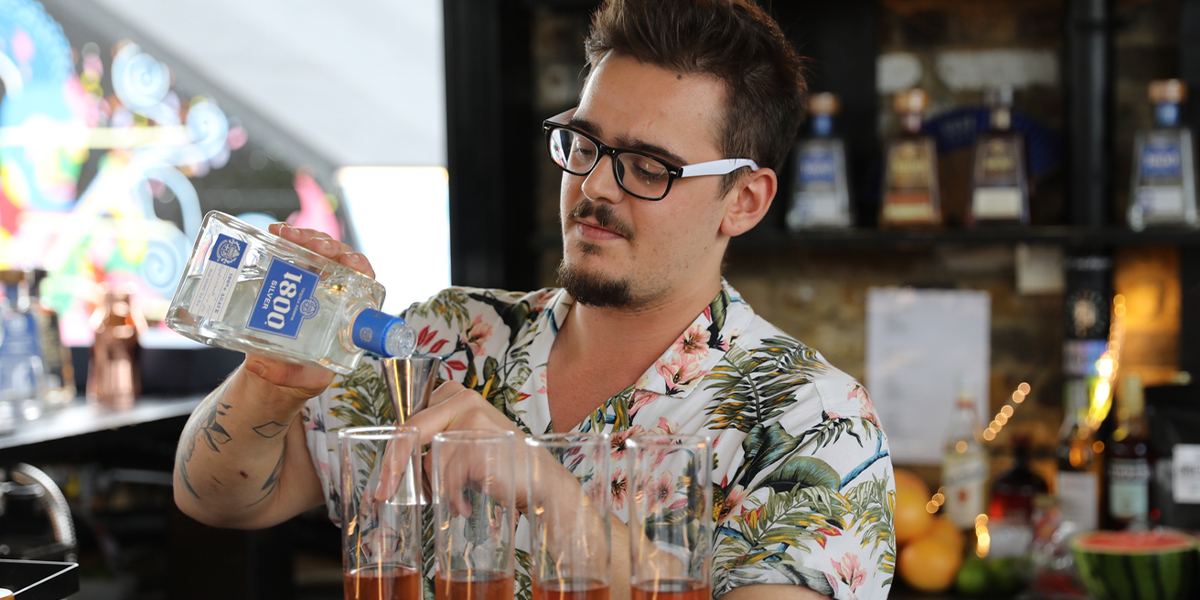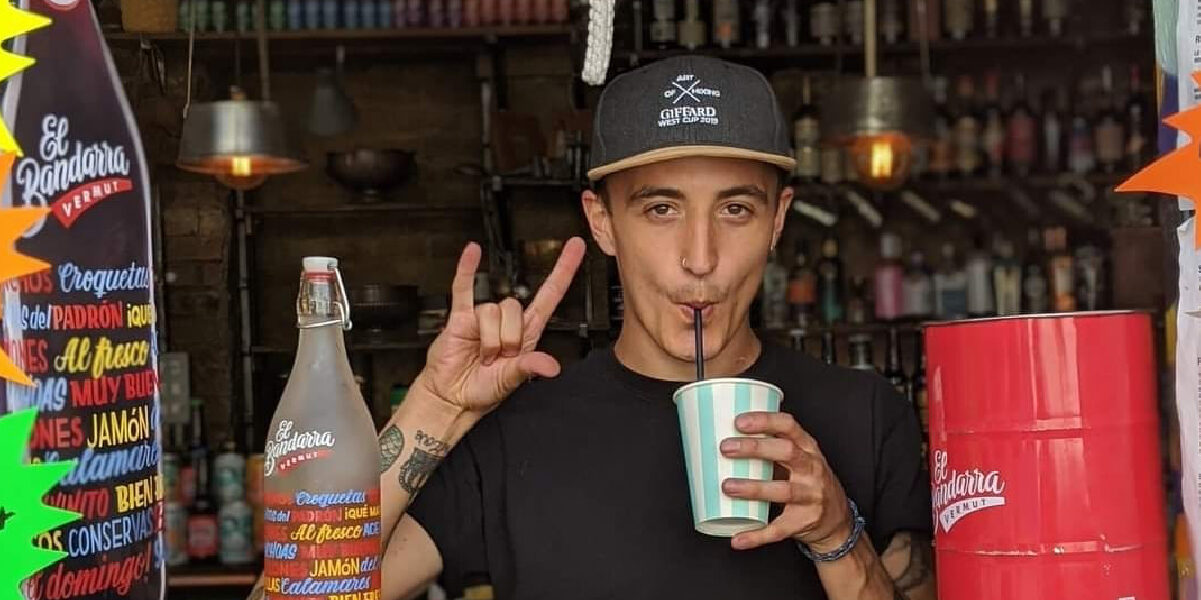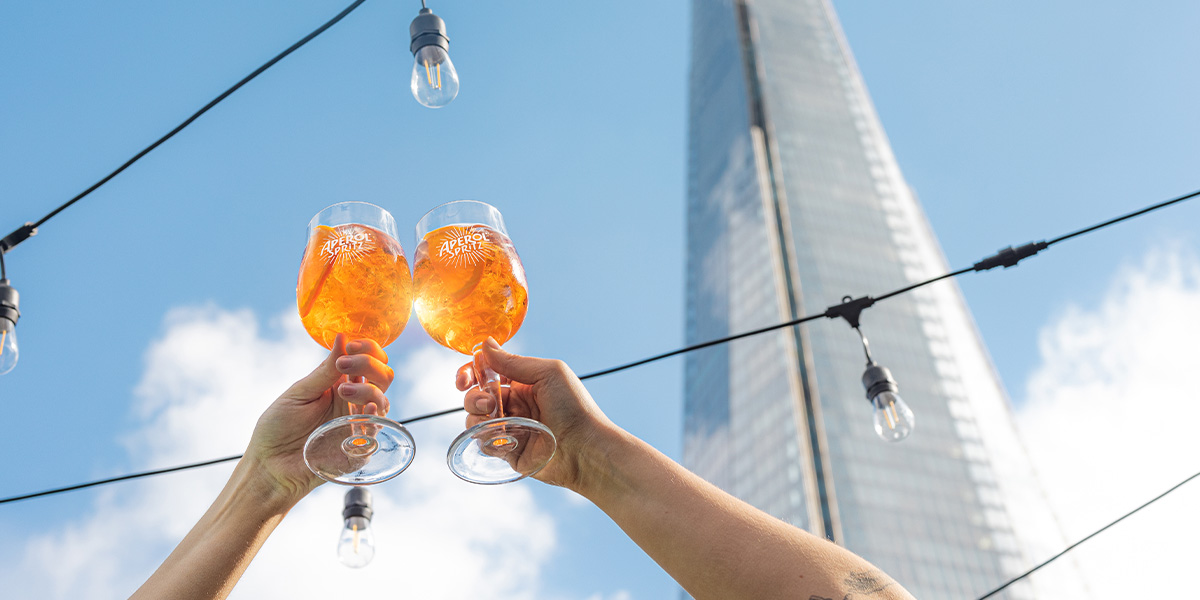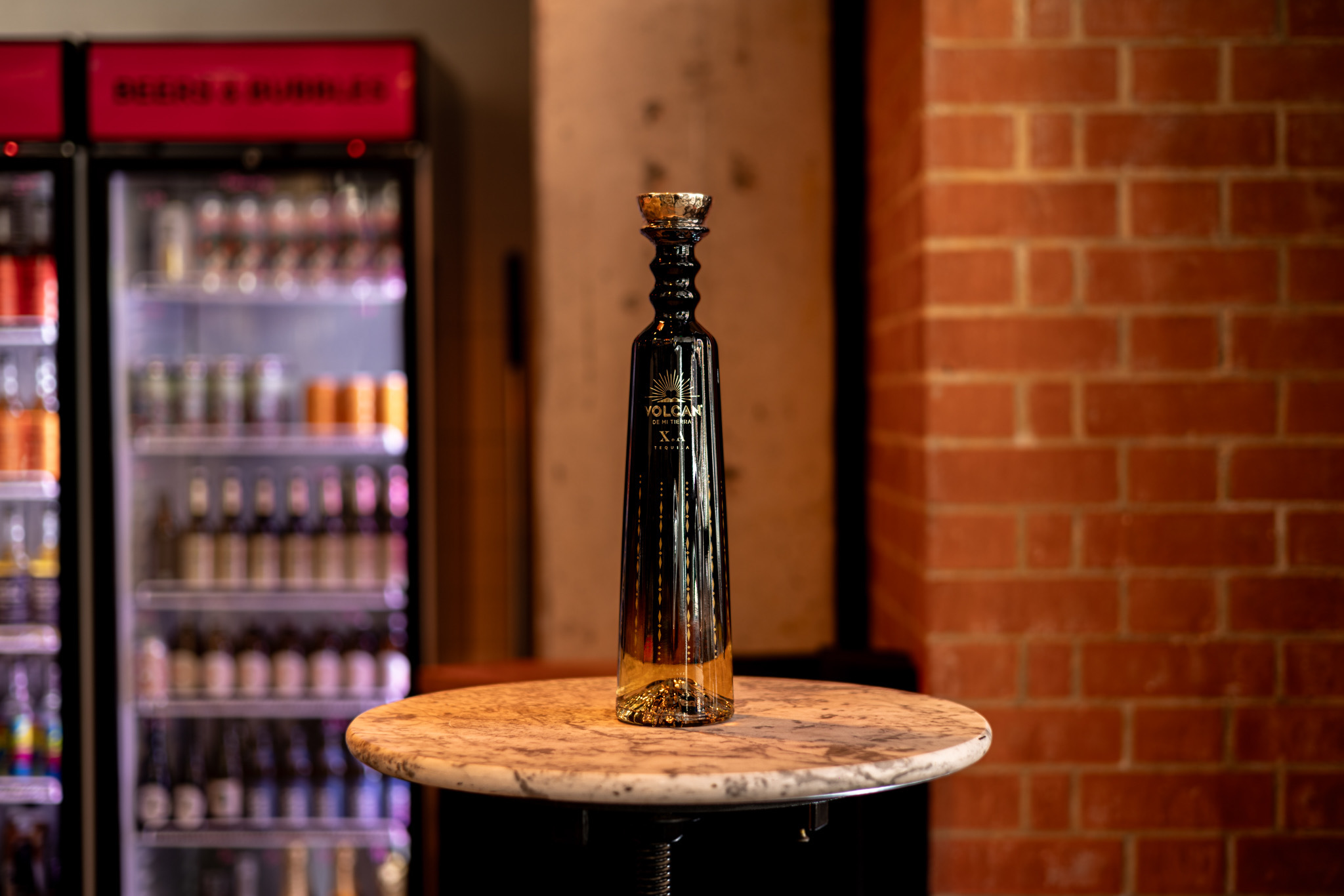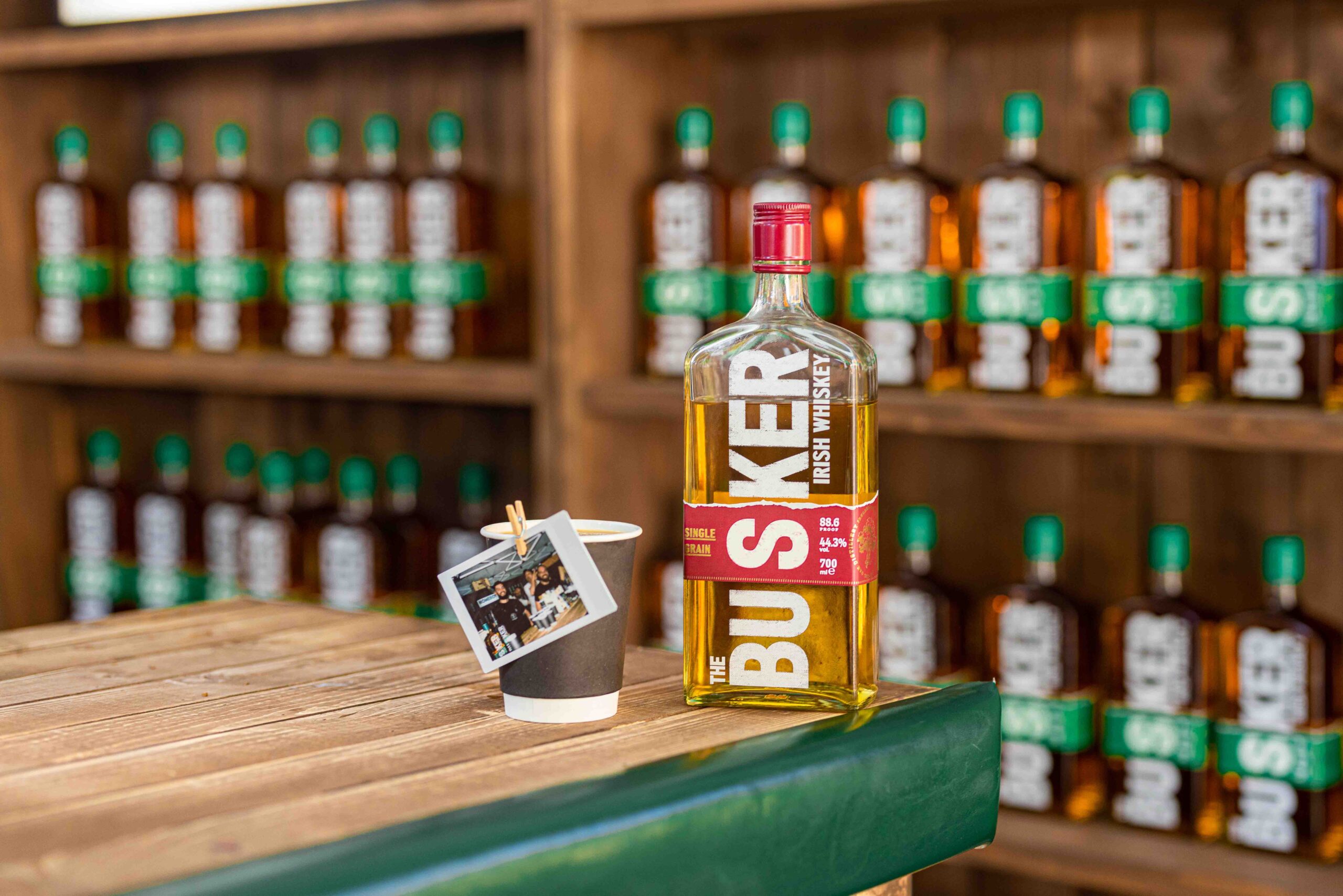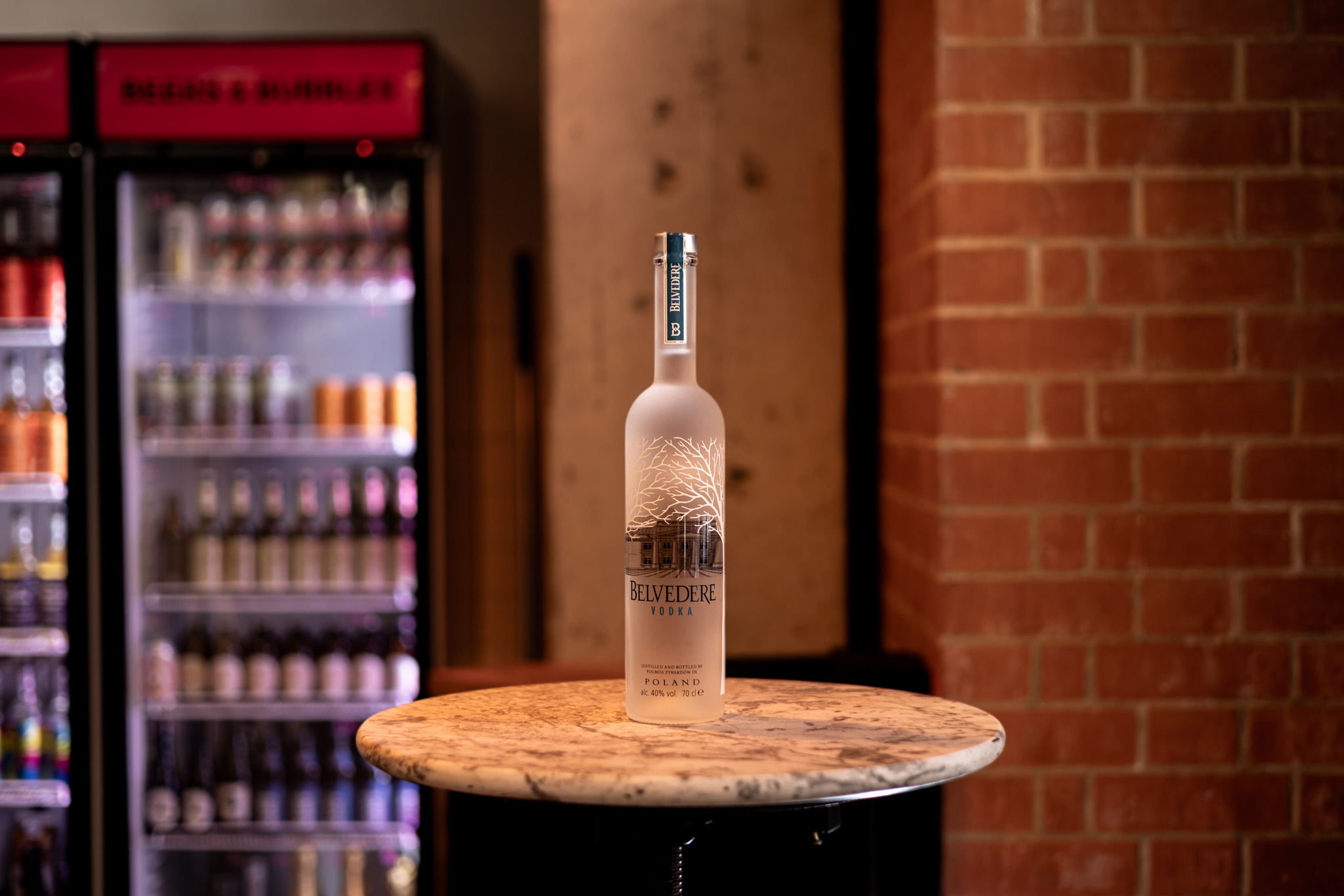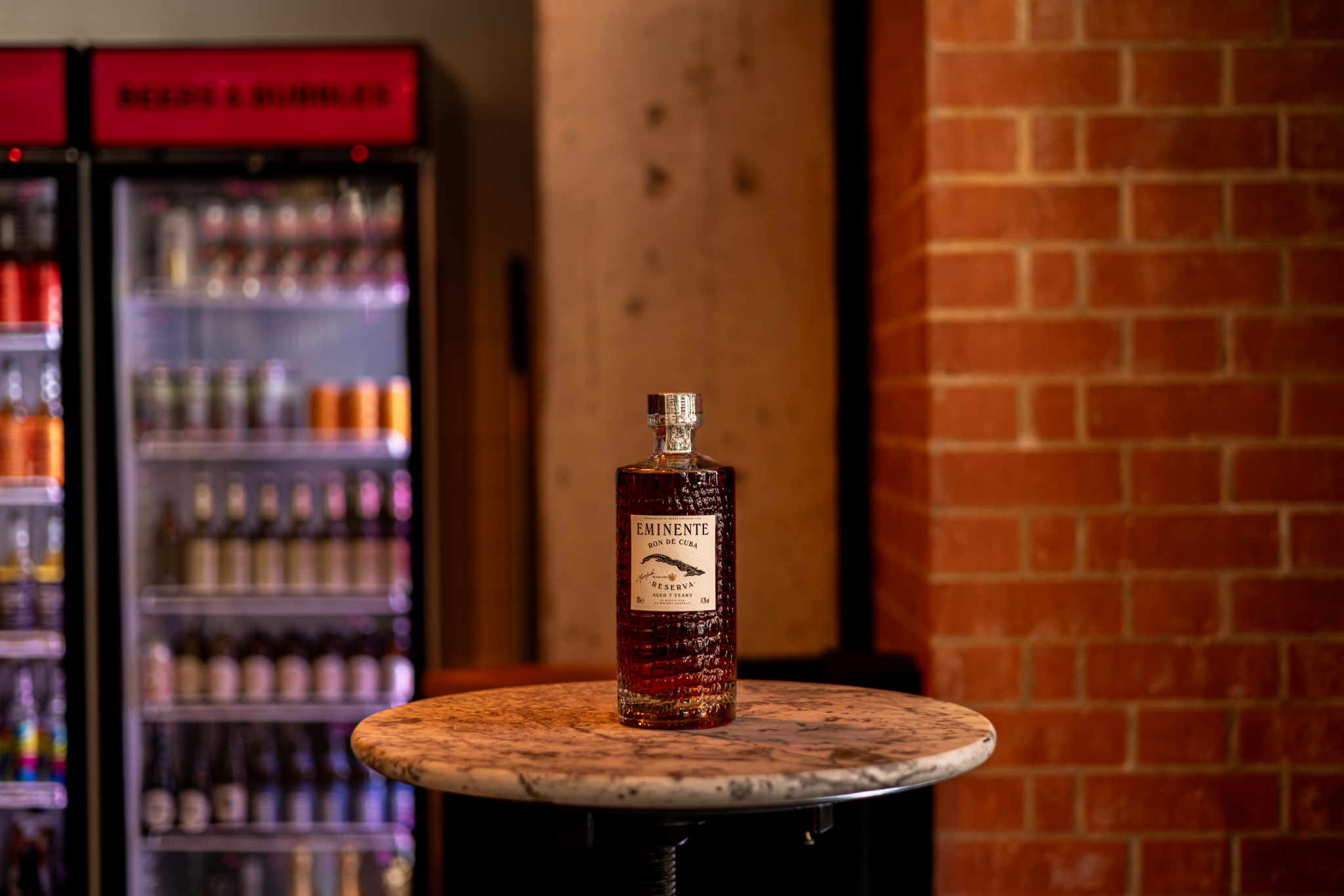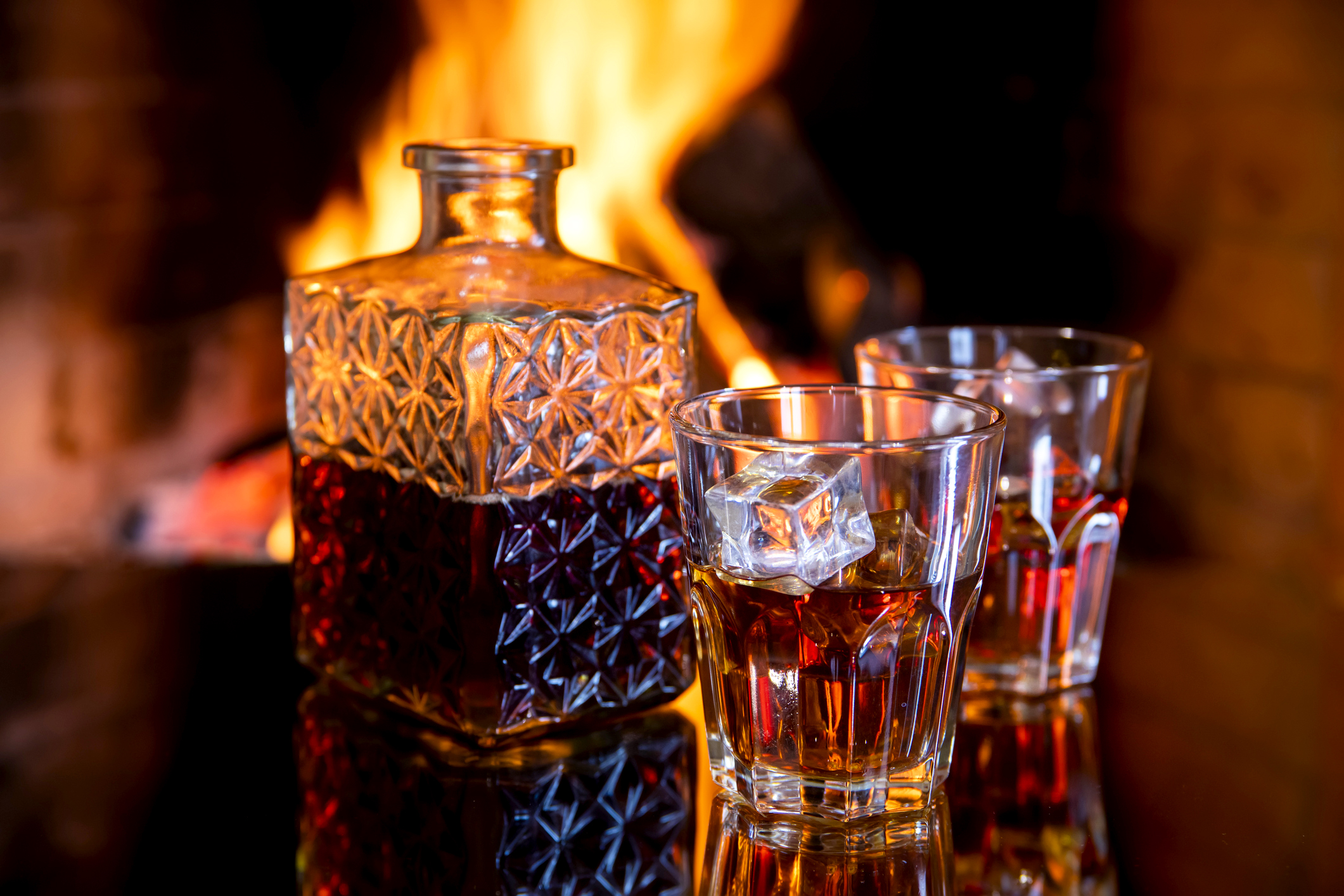What Looks Good
Saying all gin is flavoured vodka is a massive understatement but thinking of it that way allows us better grasp of both spirits. The name Gin is most commonly derived from the Dutch Jenever, although the French genievre and the Italian ginepro also predated the modern gin.
Gin can be produced in a pot still or the modern column still. Gin can be made from any neutral spirit produced from agricultural produce, however the most common is either grain or molasses. Methods vary between brands; however, the common process is similar to this.
Neutral spirit (96%) is diluted with pure water to approx. half strength. It then enters the still where it is heated and re-distilled. The botanicals can be added to the spirit loose, in a cage (teabag style) or in a section of the still where only the evaporated spirit can contact it. The new spirit Is then either distilled again or watered down again to above the minimum 37.5%ABV ready for bottling. Some gins are aged however this is not common.
Botanicals
Botanicals refer to the natural ingredients used to flavour the gin. The type and quantity of each producer’s botanicals vary according to their own recipes and all are selected and tested for purity and quality. All gins include juniper as an ingredient. Other botanicals used are coriander, angelica, orange peel, lemon peel, cardamom, cinnamon, grains of paradise, cubeb berries and nutmeg. Typically, a quality gin contains six to ten botanicals, but this is not definitive. Like all gins, London gin should have a predominant juniper flavour.
Cognac can only be produced in the Cognac region and is a blend of brandies of different ages from one or six of the growing regions.
Gin Categories
London dry Gin/Dry Gin
London dry Gin does not have to be made in London, and is officially known as just dry Gin. The title was historically used as a reference to the quality for the export market.
- Must be juniper forward.
- Must obtain all its flavour from the distillation process.
- Allowed a max of 5g methanol per hectolitre of 100%ABV spirit
- Is allowed max 0.1g sugar per litre to be added.
- Must be bottled above 37.5% ABV.
Distilled/compound gin
Distilled gin is made in a similar way to London gin. Production differs from London gin in that it is permitted to add further flavourings, both natural and artificial.
A compound gin (or cold-compounded) refers to the method of extracting flavors from botanicals, either by separate distillation or by juicing/pressing. This is then added to neutral spirit and water to create the final product. These gins may be similar in taste and profile as a London dry gin, but cannot legally bear that title.
Old Tom Gin
A more ‘old school’ gin with greater amounts of added sugar. This is due to early gin being bitter to taste…and often cut with high amounts of methanol or turpentine.
RECEIVE 10% OFF YOUR FIRST ORDER
Sign up to our newsletter for monthly offers, exclusive previews and cocktail making tips & tricks.
Plymouth gin
Until 2015 this category had a GI confining its legal production to Plymouth. It now relies on creative copyright to protect its heritage. Plymouth gin is made in a similar style to London dry gin.
Fold
A fold refers to the amount of times it has been distilled to high abv and then cut with water. A gin concentrate is produced at around 90% and then cut with water. Twice folded means it has been cut and then distilled up again and then cut a second time…so on.
Brandies de Jerez
Brandy de Jerez is distilled from wine produced from Airen and Palomino grapes grown in La Mancha, in central Spain. It is distilled once using either a traditional copper pot still or a column still, it is then aged in 500 liter American Oak casks that previously contained sherry. The final product is a blend using a complex system know as “Solera,” in which brandies of different ages are blended together.
RECEIVE 10% OFF YOUR FIRST ORDER
Sign up to our newsletter for monthly offers, exclusive previews and cocktail making tips & tricks.
Did you enjoy this article?


